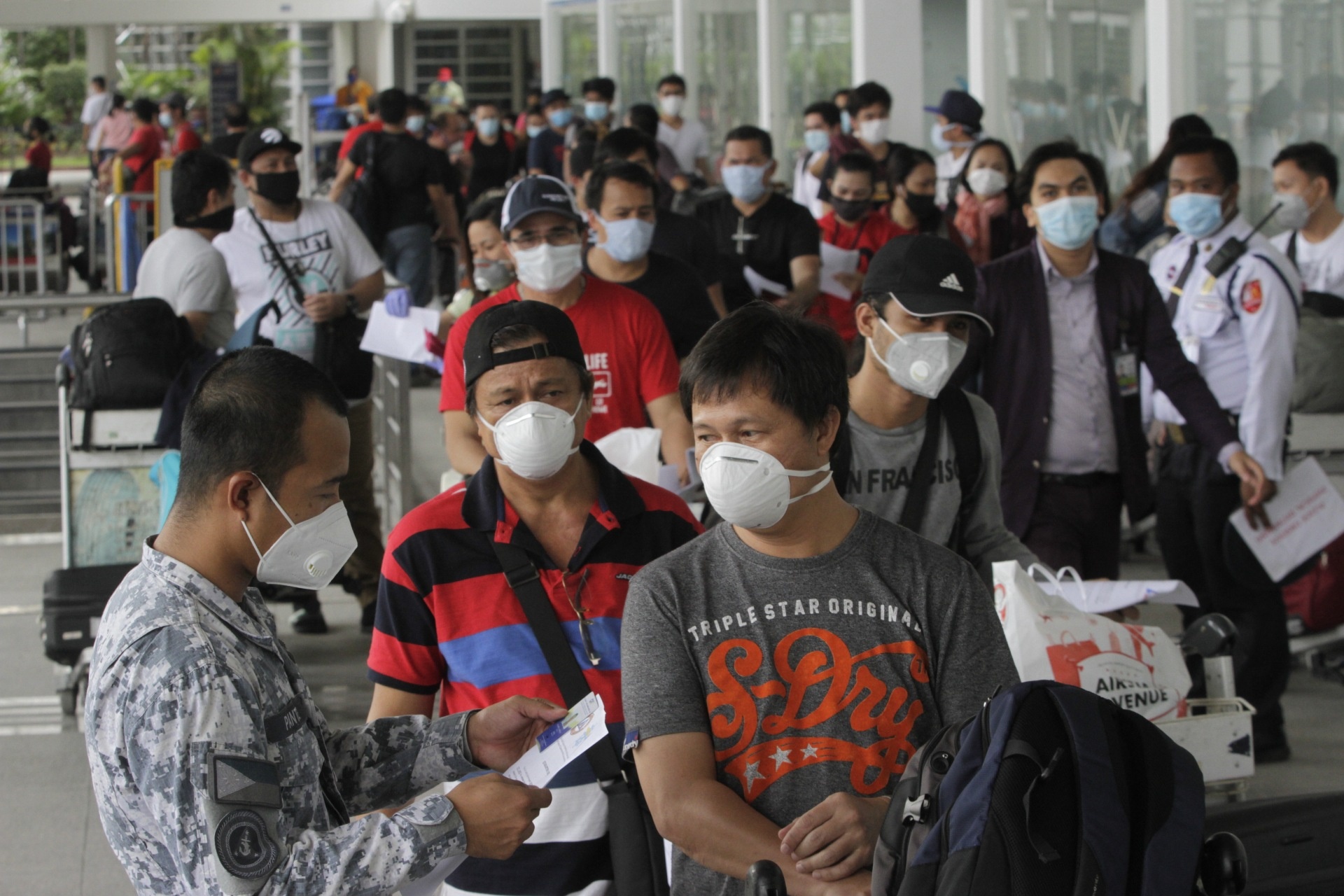News
Bill protecting OFWs’ remittances gets final House nod

Under the bill, financial intermediaries and non-bank financial intermediaries may impose fees for services rendered in the money remittance of OFWs to the immediate family members, subject to a 50-percent discount regardless of the amount. (PNA photo by Avito C. Dalan)
MANILA – The House of Representatives on Tuesday overwhelmingly approved on third reading a bill seeking to limit charges and provide discounts on remittance fees shouldered by overseas Filipino workers (OFWs).
With a total of 224 affirmative votes, the chamber passed on final reading House Bill 7951, or the proposed “Overseas Filipino Workers Remittance Protection Act”.
Pampanga Rep. Aurelio Gonzales Jr., a principal author of the bill, stressed the need to enact a law that will effectively put a stop to the high remittance charges and safeguard the remittances sent by OFWs.
“Those OFW remittances are transferred from the OFWs to the intermediaries, such as financial and non-bank financial institutions before it reaches beneficiaries,” Gonzales said. “In the course of the transfer of the funds, the amount remitted is subjected to several fees and high remittance charges which result in the depletion of the amount to be remitted and received by beneficiaries.”
Under the bill, financial intermediaries and non-bank financial intermediaries may impose fees for services rendered in the money remittance of OFWs to the immediate family members, subject to a 50-percent discount regardless of the amount.
All establishments providing discounts on remittance fees may claim the discounts granted as a tax deduction based on the cost of services rendered to OFWs.
The bill noted that the total deduction from the gross income of establishments providing discounts on remittance fees should not exceed PHP24,000 per OFW every taxable year.
All financial intermediaries and non-bank financial intermediaries offering remittance services to OFWs are prohibited from raising their current remittance fees without prior consultation with the Department of Finance, Bangko Sentral ng Pilipinas, and the Philippine Overseas Employment Administration.
The bill proposes a mandatory financial education program to be provided to OFWs and their families to educate them in the handling of their earnings and remittances.





















